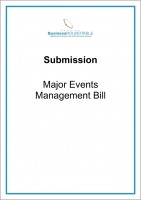
Submission: Major Events Management Bill
Our submission is largely confined to the so-called 'anti-scalping' provisions of the bill. In our view they should be dropped. Read more


Our submission is largely confined to the so-called 'anti-scalping' provisions of the bill. In our view they should be dropped. Read more
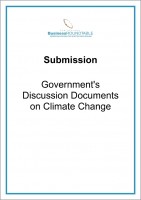
The earth has experienced periods of warming and cooling during the last hundred years, with significant warming between 1970 and 1998. Science suggests some element of human-induced warming but the proportion is very uncertain. Read more
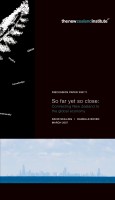
So far yet so close is the sixth paper in a series that forms part of the New Zealand Institute’s research project on Creating a global New Zealand economy. This paper follows on from our first five papers No country is an island, Dancing with the stars?, The flight of the Kiwi, Developing Kiwi global champions, and Competing to win. Read more
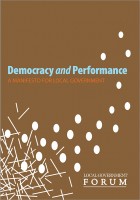
In terms of revenue, spending and assets, many councils rank with New Zealand’s largest enterprises: ratepayers’ equity is a massive $67 billion, or $16,300.00 per capita. This report points to the very large increases in rates payable by households and businesses over recent years. Read more
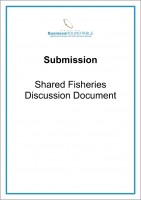
We are interested in this issue because of the principles involved. We recognise the legitimate interests and rights of customary, recreational and commercial fishers and the need to reconcile them in the context of the total allowable catch (TAC). Read more
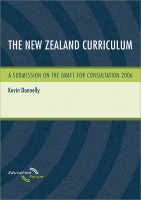
The draft New Zealand Curriculum adopts an intellectually flawed ‘outcome-based’ education model. This is an approach which prevailed in the late 1980s and early 1990s and has now been largely discredited and abandoned by countries with successful education systems. Kevin Donnelly advocates the internationally proven syllabus or standards-based approaches and argues that continuing to ignore the large body of international evidence in this area will put future generations of New Zealand students at risk. Read more
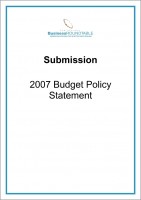
The greatest weakness of the BPS is its failure to address the central problem of ensuring the future prosperity of New Zealanders by achieving faster growth in average incomes. This has been the government’s stated ‘top priority’ goal. Read more

A collection of speeches given by Sir Ronald Trotter between 1986 and 2002 on behalf of the New Zealand Business Roundtable. Read more
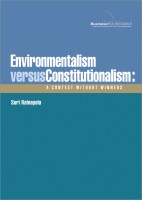
Some environmentalists believe that a pristine environment is a goal to be achieved regardless of the costs to human communities. Suri Ratnapala explains the need to balance threats to the environment with the threat to constitutional government that arises from ill-advised policy responses to the challenges of environmental protection. Read more
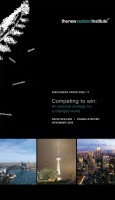
Competing to win is the fifth paper in a series that forms part of the New Zealand Institute’s research project on Creating a global New Zealand economy. This paper follows on from our first four papers No country is an island, Dancing with the stars?, The flight of the Kiwi, and Developing Kiwi global champions. Read more
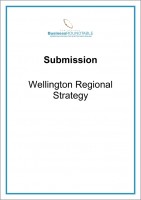
We share the WRS team’s concern about the lagging performance of the regional economy. Both directly and through the Local Government Forum we have drawn attention to this problem in submissions to the Wellington City Council and the Wellington Regional Council over many years. Read more

We submit that the measures in this Bill represent (i) a major taking of private property rights without an acceptable public-interest justification, (ii) a lack of due process, and (iii) a lack of consideration of the question of compensation. Read more
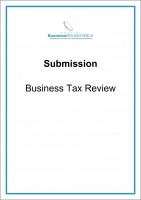
The Business Roundtable welcomes the government's willingness to examine a reduction in the rate of company tax, but personal tax also needs to be reduced. It is opposed to the possible tax subsidies outlined in the discussion document. Read more
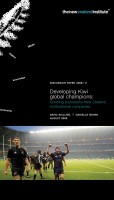
Developing Kiwi global champions is the fourth paper in a series that forms part of the New Zealand Institute’s research project on Creating a global New Zealand economy. This paper follows on from our first three papers No country is an island, Dancing with the Stars?, and The flight of the Kiwi. Read more

In An Inquiry into the Nature and Causes of the Wealth of Nations, Adam Smith argued that there was a virtuous circle that led to increased prosperity. The source of economic growth and development was the gains from specialisation and trade realised through the greater division of labour and the expansion of the market economy. Read more